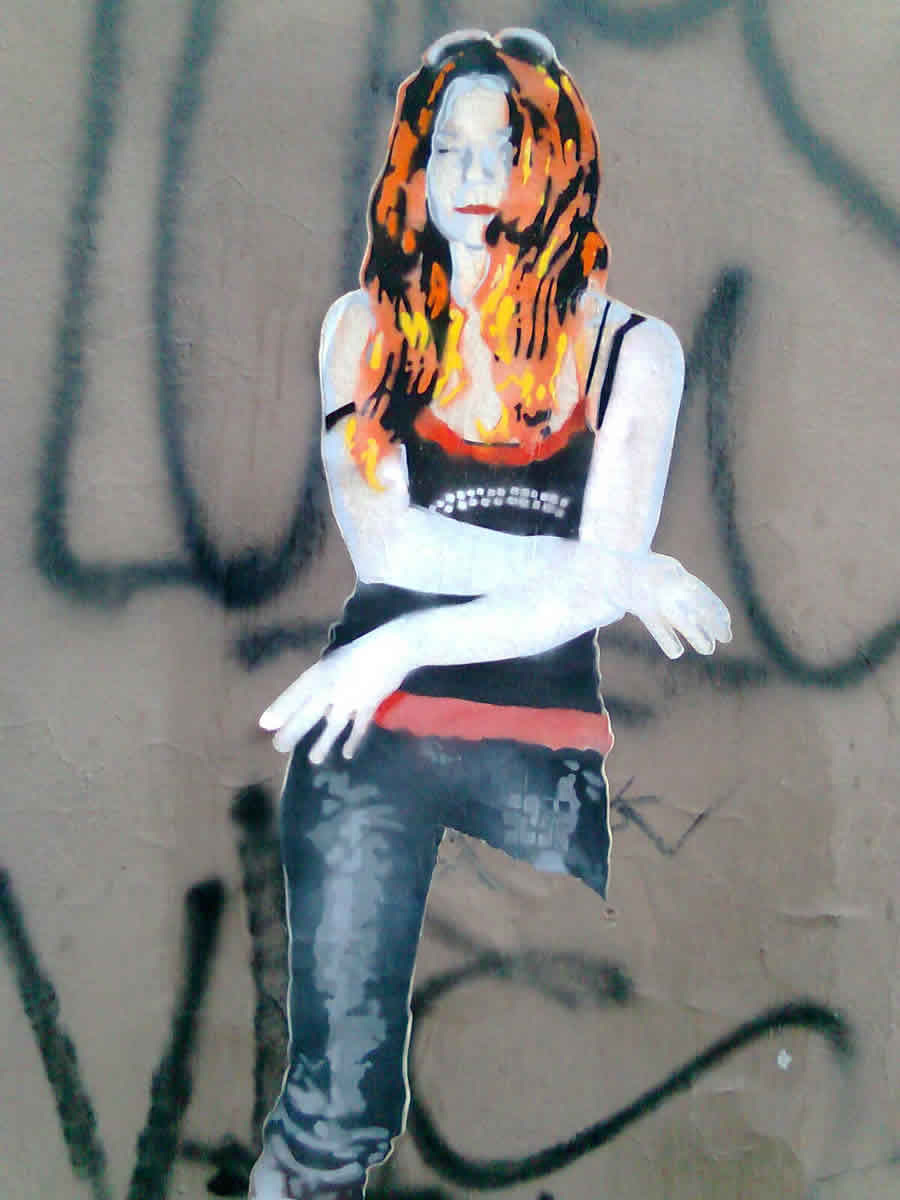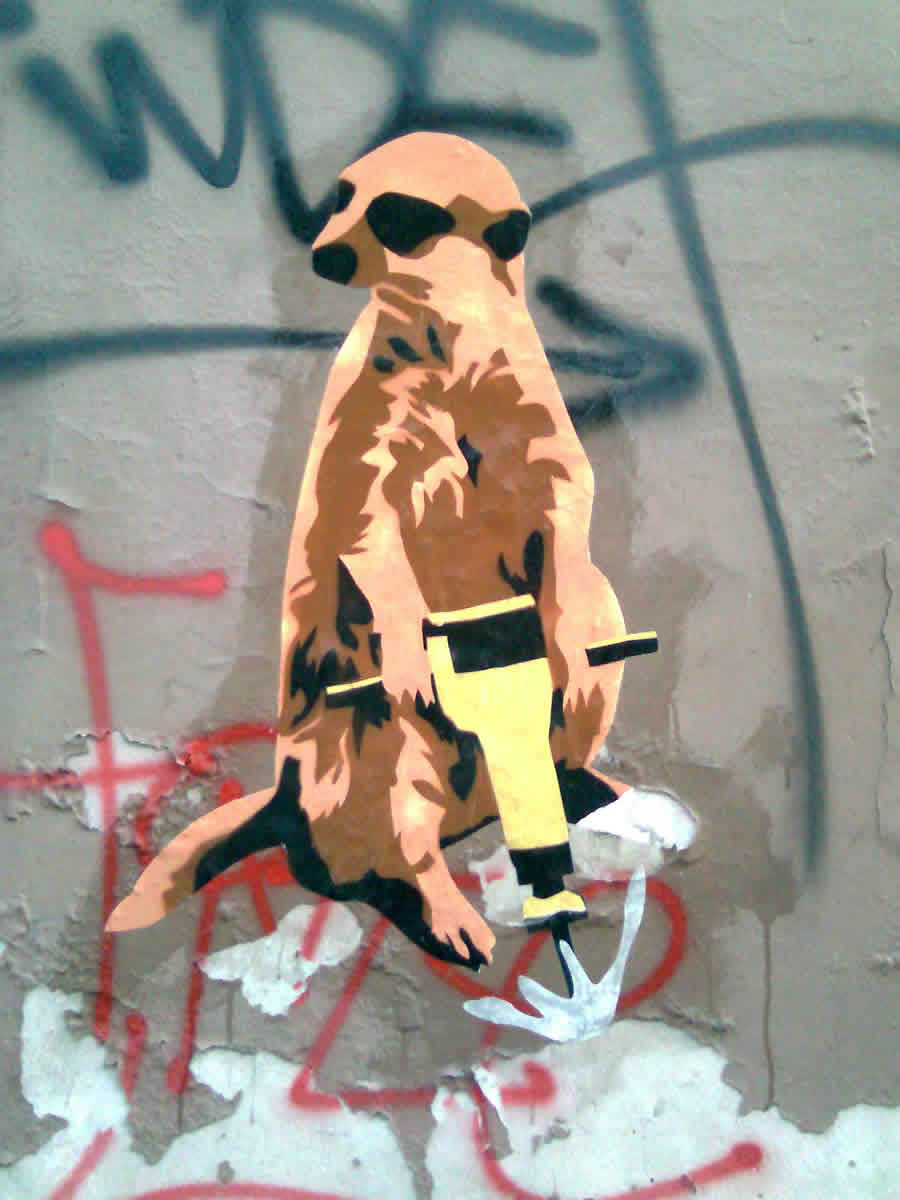Enemy Number One
Friday, October 1st, 2010 by Bev Clark“Enemy Number One,” featured a panel comprised of Zimbabwean writer Christopher Mlalaz and USC English professor Michelle Gordon and Wolf Gruner, a USC professor of history who holds the Shapell-Guerin Chair in Jewish Studies. Speaking of his experiences with media censorship under the government of Zimbabwe President Robert Mugabe, Mlalazi’s experience was skillfully included within the context of Feuchtwanger’s 1940 internment and escape from Nazi-occupied France.
Mlalazi, the recipient of the 2010 Villa Aurora Feuchtwanger Fellowship, gave the audience frightening accounts of Mugabe’s censorship tactics — including a description of the torture that the production manager of his satirical play, The Crocodile of Zambezi, endured after the show’s second night.
Mlalazi himself has received ominous phone calls since announcing his excitement for winning the Feuchtwanger Fellowship on Facebook. Just like Feuchwanger, Mlalazi lives in a constant state of fear.
Fear, however, is a double-edged sword: Although it paralyzes, it also motivates. Despite some apprehension, Mlalazi will return to Zimbabwe in December so that he can be with his friends and family — and to continue helping his people answer questions about themselves and their country.
Mlalazi is careful, however, to mask his social and political critique behind a veil of abstraction and metaphor.
“We will never be silenced,” he said.
More here











